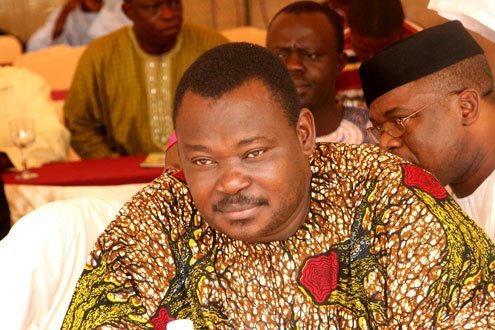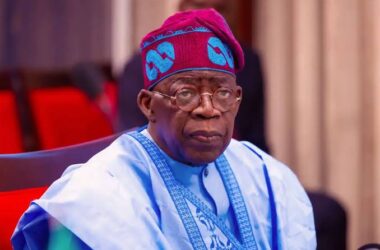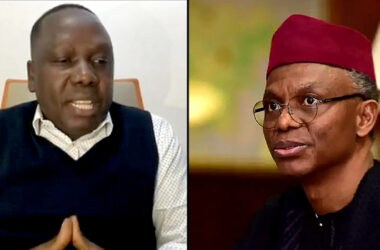Senator Jimoh Ibrahim, who represented Nigeria at the executive session of the African Parliament Union, said on Wednesday in Casablanca that President Bola Tinubu is committed to the $25bn gas pipeline project between Nigeria and Morocco.
According to the senator, the transnational gas pipeline project has become a major focus of the current Nigerian administration. He said President Tinubu is determined to revive and complete abandoned infrastructure projects, with the Nigeria-Morocco gas pipeline ranking among the most important.
The pipeline is expected to stretch over 5,600 kilometers and carry up to 30 billion cubic meters of natural gas each year. Starting in Nigeria, the pipeline will pass through 13 West and North African countries. These include Benin, Togo, Ghana, Ivory Coast, Liberia, Sierra Leone, Guinea, Guinea-Bissau, Gambia, Senegal, Mauritania, and Morocco, with Nigeria acting as the main supplier of gas.
Senator Ibrahim noted that the pipeline has the potential to boost economic growth and provide new employment opportunities. “This project is expected to create thousands of jobs, boost industrial and digital development, and contribute to a more sustainable energy future for the participating countries,” he said.
He also pointed out that Morocco could benefit greatly from the project, especially in exporting gas to Europe. The senator urged Moroccan authorities to consider making travel easier for Nigerians, given the expected benefits of the project. He called for relaxed visa restrictions for Nigerian visitors, suggesting it could help strengthen cooperation between both nations.
“Allow Nigerian visitors to enter without visa restrictions, given the level of opportunity that the new investment will generate for both countries,” he stated.
Currently, the pipeline project is still in the feasibility and route design phase. Talks with stakeholders and government officials from the involved countries are ongoing. The Final Investment Decision (FID), which was initially scheduled for 2023, has been shifted to 2025 due to the massive scale and complexity of the plan.
Ibrahim also revealed that Nigeria’s Senate President, Godswill Akpabio, is working to ensure that proper legislative support is in place. This is to help prevent delays and remove any legal or administrative obstacles that could hinder the successful execution of the project.
Members of the African Parliament Union reportedly expressed strong interest in the updates provided by Senator Ibrahim. The pipeline project, once completed, is expected to transform energy access and economic ties across Africa and even into Europe.










